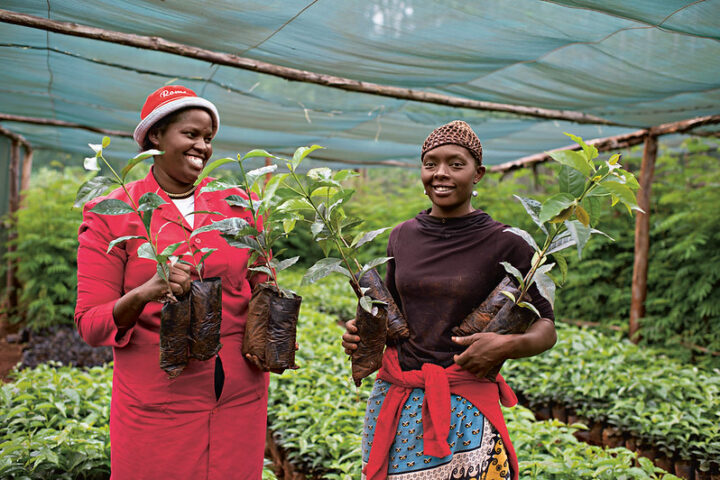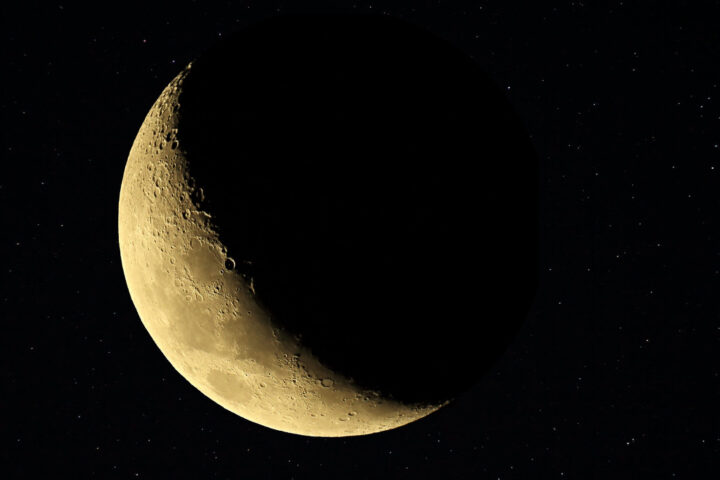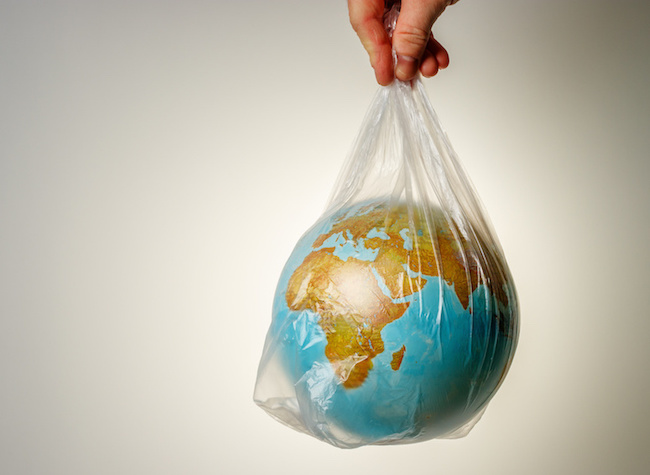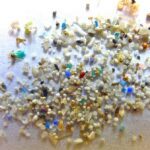The origin story of plastic, rooted in the once revolutionary oil and gas industry, is as surprising as it is ubiquitous. This material, a by-product of petroleum refining, has embedded itself into the very fabric of human existence since its inception in the early 20th century. Plastic, produced from oil refining waste, emerged as a miracle material. It’s light, durable, and versatile, symbolizing the endless possibilities of human innovation.
Plastic production rapidly expanded during World War 2, in step with the booming oil industry. It was a logical economic alliance: the waste of one became the treasure of the other. Outstripping the growth of any other material, the world’s plastic production rose from 2 million tonnes annually in 1950 to an astonishing 381 million tonnes by 2015.
The oil and gas industry saw immense profit in the boom of plastic production, exploiting the earth’s finite resources and contributing to the current climate crisis. The plastic industry has become a significant contributor to global carbon emissions, with over 90% of all plastic ever produced being derived from fossil fuels.
Once hailed as a miracle of modern convenience, plastic is now a global menace. It clogs our landfills, pollutes our oceans, and infiltrates our food chain. Plastic debris in the ocean outweighs fish today, and by 2050, it’s estimated that, pound for pound, plastic will exceed marine life.
Similar Post
The production and incineration of plastic exacerbate the impacts of climate change, contributing an estimated 850 million tons of carbon dioxide to the global atmosphere annually. We have created a throwaway society, fuelled by convenience, where items are used briefly and then discarded, leading to a proliferation of plastic waste.
Plastic’s ubiquity reaches from the highest mountain peaks to the deepest ocean trenches; it permeates every corner of our planet. Our throwaway culture has become so ingrained that envisioning a world without plastic seems nearly impossible.
Our consumption habits are staggering. In 2019 alone, the equivalent of just over 2 billion plastic Coca-Cola bottles were burnt or dumped. Every piece of plastic ever created still exists in some form and will do so for centuries. One of the insidious aspects of plastic pollution is its persistence.
We’ve created a world where plastic is not just a product but an essential part of our lives; it’s in our clothes, our cars, our homes, and now, even in our bodies. Tiny particles, microplastics, smaller than 5mm, have been found in every corner of the globe, including human placentas, signifying our enduring intimacy with this material.
The normalization of a disposable lifestyle, the overexploitation of oil, and the resultant plastic pollution have led to a shift in our collective psyche. Our dependence on plastic has not only polluted our oceans but also altered our behaviors, perceptions, and interactions with the natural world.
Every minute, one garbage truck worth of plastic is dumped into our oceans, highlighting our unconscious acceptance of the ‘plastic lifestyle.’ The oil that once powered our machines now influences our lifestyle and choices, all through the intermediary of plastic, in a profound irony.
Our plastic dependence mirrors our dependence on fossil fuels, intertwining the two industries in a vicious cycle of consumption and waste. We’ve engineered a society where the unsustainable is the norm, and the sustainable appears as a hard-to-reach ideal.
Our human narrative has been hijacked by plastic and fossil fuels, so much so that imagining a future without either seems like an alien concept. Our consumption patterns, the plastic industry, and the oil and gas industry all contribute to ourhttps://www.karmactive.com/sewage-plastic-waste-can-act-like-feacal-bacteria-bombs/ global environmental crisis in a symbiotic relationship.
We’ve surrendered our planet and its biodiversity to plastic in our quest for convenience. Although the future may look bleak, it is within our collective power to change the course of this plastic and oil narrative. A shift away from our dependency on plastic and fossil fuels can help us reclaim our environment and slow down the trajectory of climate change.
Let’s not forget the origins of our plastic crisis born from the womb of the oil industry, nourished by our insatiable appetite for convenience, and grown into a global menace, as we strive for solutions.

















